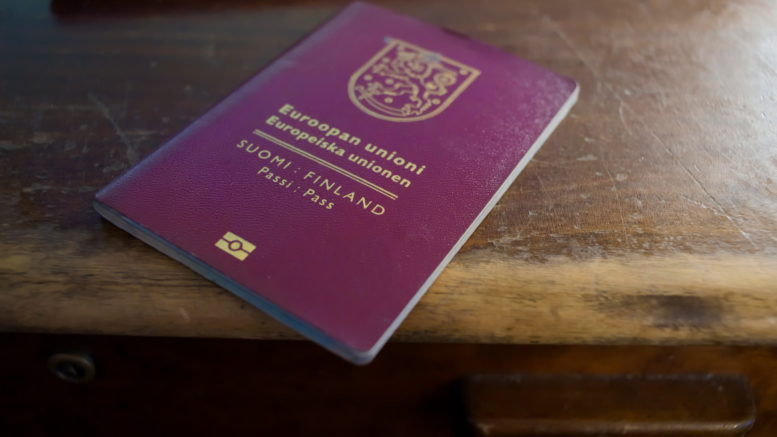Since the Right to Rent legislation was introduced nationwide from 1st February 2016, the responsibility for checking the immigration status of prospective tenants and their right to rent a property was placed squarely on the landlord’s shoulders.
It was believed that this would make it harder for an illegal immigrant to obtain property, and also demonstrate that they were not wanted unless they had a legal right to be here. There was an outcry and landlords have raised concerns that they were expected to take on the role of immigration officers without the training and expertise that most people would feel was necessary.
It does not take a super-brain to see what the implications would be. With heavy penalties threatened, landlords have become cautious about renting to anyone that doesn’t seem to be British born and bred. The Right to Rent legislation allowed some a means by which they could practice discrimination with impunity, but it would be unfair to suggest this is the only reason that landlords are refusing to let to newcomers to the country.
Landlords were recommended to ask for proof of identity from all applicants for their properties; whilst a passport is the most recognisable form of identification, it creates a problem for British residents who do not hold a passport. An astonishing 17 per cent of the population do not have a passport.
How does the person of 24, who has never had a tenancy because they lived with parents, so never paid held any accounts in their name, provide proof of identity? If they have a job, then proof could be provided from employers – but that may take time to obtain and the landlord is likely to want to take the applicant that has the least obstacles towards taking a tenancy – and that is not necessarily due to discrimination.
Landlords have asked the Home Office to publish a Right to Rent database showing acceptable forms of identification for the various countries around the World. If this was available, a landlord would be able to check that the form of identification he was looking at was at least a legal form of identity. Unfortunately, the Home Office said they were unable to do this as there were too many countries. How then were landlords supposed to know what was legal? How were they supposed to keep the myriad forms of identity committed to memory?
A BBC investigation found that the issue of identification is complicated by a number of criminal gangs who are providing false identity documents for illegal immigrants – at a price. As forgeries become more sophisticated, landlords’ nervousness increases and, using a ‘better to be safe than sorry’ strategy, applicants will be refused where there is any doubt about the identity document.
A recent article in the Daily Express revealed that the Joint Council for the Welfare of Immigrants (JCWI) has called for a Judicial Review believing that the policy discriminates against people entering the country. Is this in response to the announcement in October 2017 made by the Chief Inspector of Border and Immigration that there would be a new review of the Right to Rent, but one that ‘will not examine the unintended consequences of Right to Rent, for example discrimination against would be tenants, increased homelessness or displacement’. So what are they reviewing?
A major review of the Right to Rent legislation is needed and perhaps the work of JCWI will achieve this; landlords that are reluctant to rent to non-British born people are not racists; but sadly, some that are will use the legislation in a manner that they have been cautious of before.
For advice on buy to let issues – General Knowledge








Be the first to comment on "Right to Rent Legislation Challenged….Finally"